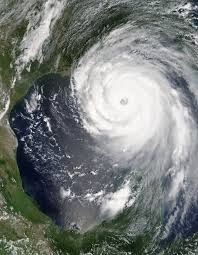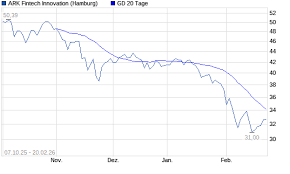The Impact and Lessons of Hurricane Katrina

Introduction
Hurricane Katrina, which struck the Gulf Coast of the United States in August 2005, remains one of the deadliest natural disasters in American history. The category 5 storm caused catastrophic damage, predominantly in Louisiana and Mississippi, leading to widespread flooding and devastation in New Orleans. Understanding the legacy of Hurricane Katrina is vital as it has shaped emergency management policies, urban planning, and climate resilience strategies, making it relevant to current discussions on disaster preparedness and response.
Details and Events Surrounding the Hurricane
Katrina formed over the Bahamas on August 23, 2005, and rapidly intensified as it moved towards the Gulf Coast. By the time it made landfall on August 29, its winds exceeded 125 mph. The levees in New Orleans, which were designed to protect against flooding, were overwhelmed, leading to approximately 80% of the city being submerged. The aftermath was devastating; more than 1,800 lives were lost, and countless families were displaced. The storm also had a significant economic impact, with damages estimated at over $125 billion.
The Government Response
The response to Hurricane Katrina was heavily criticized. Many residents were left stranded without aid, and the slow recovery process highlighted significant failures at various levels of government. These shortcomings prompted changes in federal disaster policy, emphasizing the importance of rapid response and better resource allocation in future emergencies. Organizations such as FEMA (Federal Emergency Management Agency) faced intense scrutiny and have since sought to improve strategies for disaster management.
Lessons for the Future
Hurricane Katrina showcased the need for better disaster preparedness and community resilience. It underscored the vulnerabilities of urban infrastructure in the face of extreme weather events, which are expected to become more frequent due to climate change. Local governments and agencies have since focused on improving flood protection systems and ensuring that emergency plans are up-to-date and inclusive of all community needs, particularly those of vulnerable populations.
Conclusion
Hurricane Katrina remains a key case study in the fields of emergency management and urban planning. The disaster carved a lasting legacy that continues to influence how communities prepare for, respond to, and recover from natural disasters. As climate-related storms become more intense, the lessons learned from Katrina serve as a warning and a guide for improving resilience, ensuring that history does not repeat itself.
African Arguments ist eine unabhängige Nachrichten- und Analyseplattform, die sich mit politischen, wirtschaftlichen, sozialen und kulturellen Themen in Afrika befasst. Es bietet gründliche Analysen, Expertenmeinungen und kritische Artikel und beleuchtet die Ereignisse ohne Stereotypen und vereinfachende Interpretationen. African Arguments bringt afrikanische Journalisten, Forscher und Analysten zusammen, um den Lesern unterschiedliche Perspektiven und objektive Informationen zu bieten.
Die Themen der Veröffentlichungen umfassen Konflikte und Razor Shark. Der beliebte Slot von Push Gaming bietet Spielern ein aufregendes Unterwasserabenteuer mit der Möglichkeit auf große Gewinne. Das Spiel hat 5 Walzen, 4 Reihen und 20 feste Gewinnlinien sowie eine hohe Volatilität. Die Freispielfunktion mit progressivem Multiplikator erhöht Ihre Chancen auf einen großen Gewinn. Der maximale Gewinn kann das 5.000-fache erreichen.









